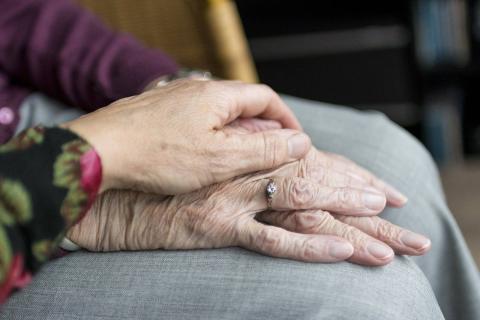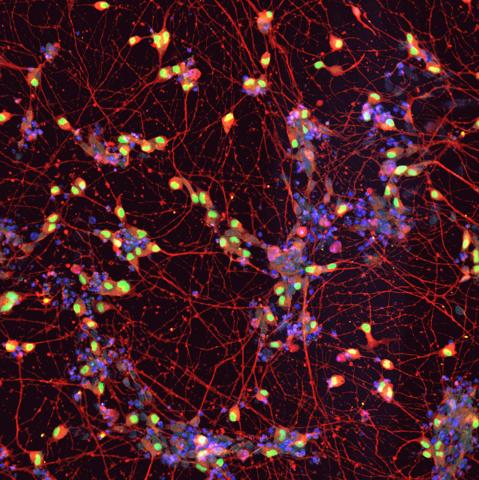Reaction: Study finds tai chi may slow progression of Parkinson's disease
Research by researchers in Shanghai, China, suggests that continued practice of tai chi can slow the progression of Parkinson's disease symptoms and delay the need for increased doses of medication. The study compared 143 people who underwent tai chi training with 187 non-trainees who served as a control group. The results are published in the Journal of Neurology Neurosurgery & Psychiatry.

José Luis Lanciego - taichí EN
José Luis Lanciego
Senior Researcher of the Gene Therapy in Neurodegenerative Diseases Programme at the Centre for Applied Medical Research (CIMA), University of Navarra
A team of researchers from the Faculty of Medicine of the University of Shanghai (People's Republic of China) have carried out a study on two groups of Parkinson's disease patients, the first group receiving tai chi training (a well-known Chinese martial art) in two weekly one-hour sessions assisted by a specialised instructor and followed up for five years, while the second group, considered as a control group, did not receive such functional training.
Note that although the most striking symptom of Parkinson's disease is tremor, the most debilitating aspect is actually rigidity, as commonly reported by most patients in quality of life assessments. This is why patients usually experience remarkable symptomatic relief with physiotherapy interventions and, in fact, such programmes are commonly available from patient associations that are part of the Spanish Parkinson's Federation.
Although being an observational study it is difficult to establish a cause-effect correlation, the fact remains that this scientific contribution demonstrates that sustained tai chi training achieves a remarkable symptomatic improvement, sustained over time. Of particular importance, it is noteworthy that patients who exercised with tai chi demonstrated a slower progression of the disease, especially reflected in aspects such as global symptomatology, movement and balance. In addition, another aspect of slower disease progression is a reduced need for increased antiparkinsonian medication over time and less cognitive impairment. Finally, a significant improvement in non-motor symptoms such as quality of sleep and quality of life was also observed, together with a lower incidence of collateral complications (both from disease progression and medication).
In summary, this article provides solid evidence of the beneficial effect of tai chi for Parkinson's patients. In my opinion, the most relevant aspect is the demonstration that this martial art slows the progression of this neurodegenerative disease and, possibly due to this slower progression, a global benefit is obtained, with notable improvements in numerous motor and non-motor indicators and symptoms.
Li et al.
- Research article
- Peer reviewed
- Observational study
- People



